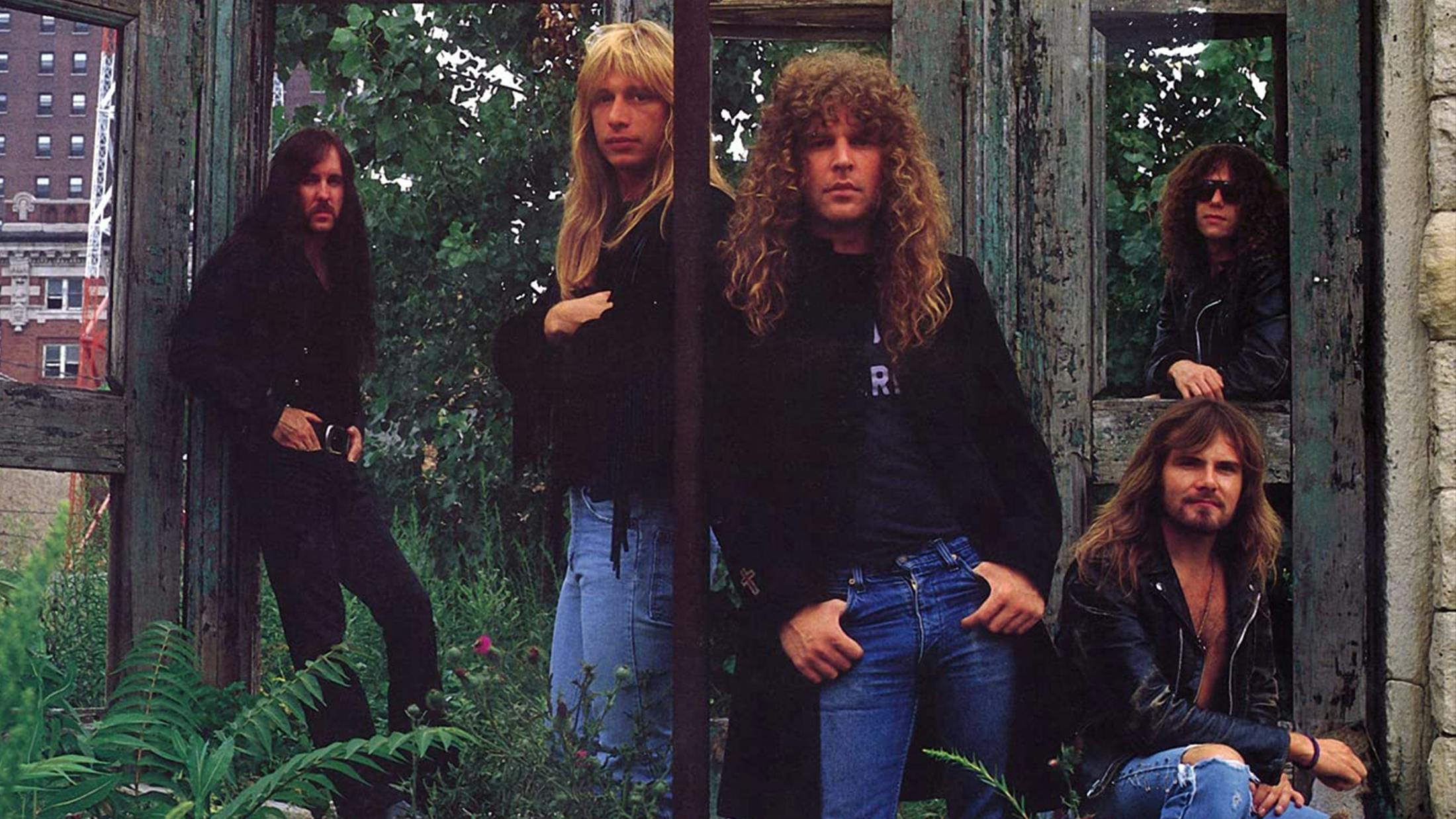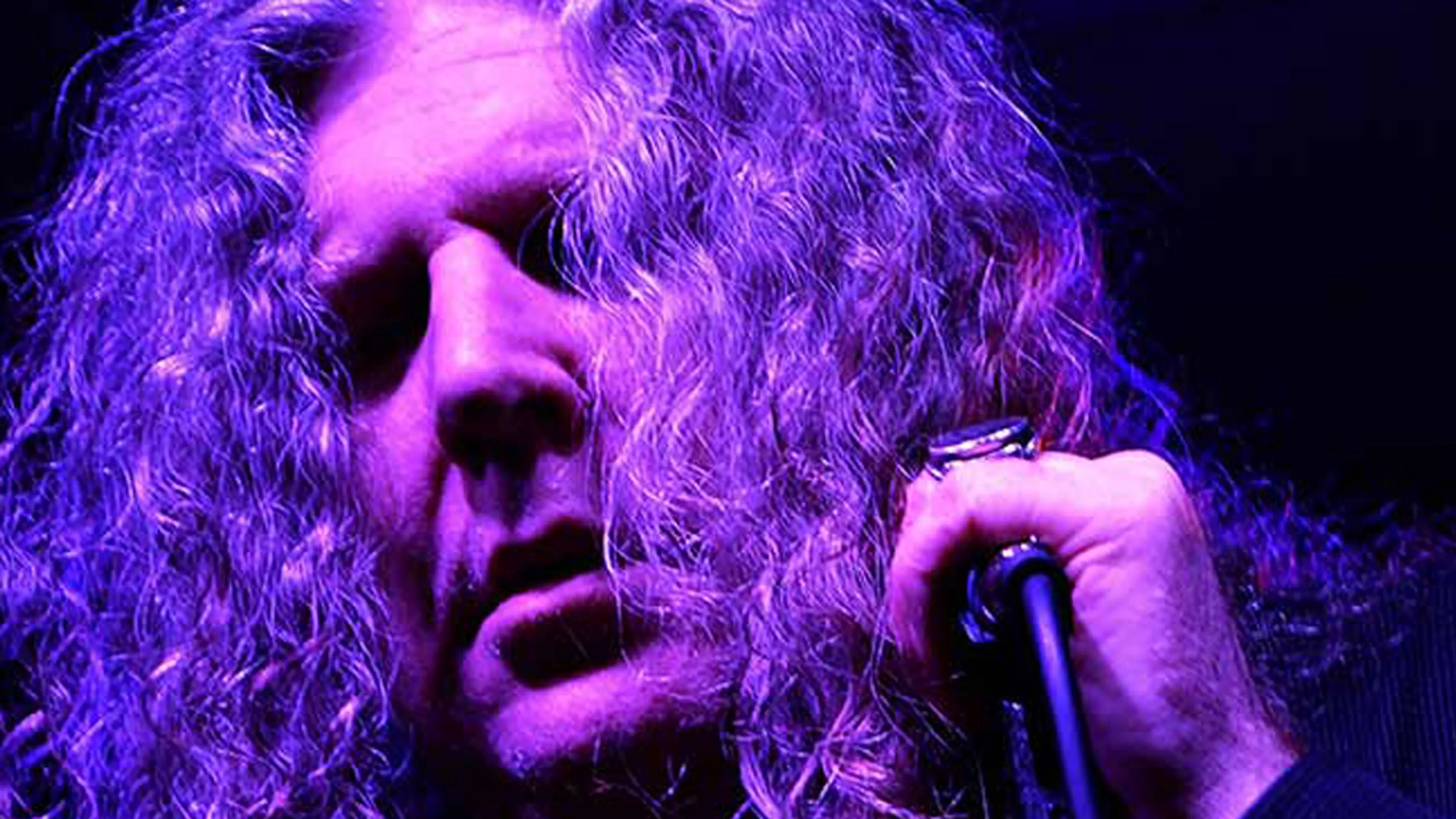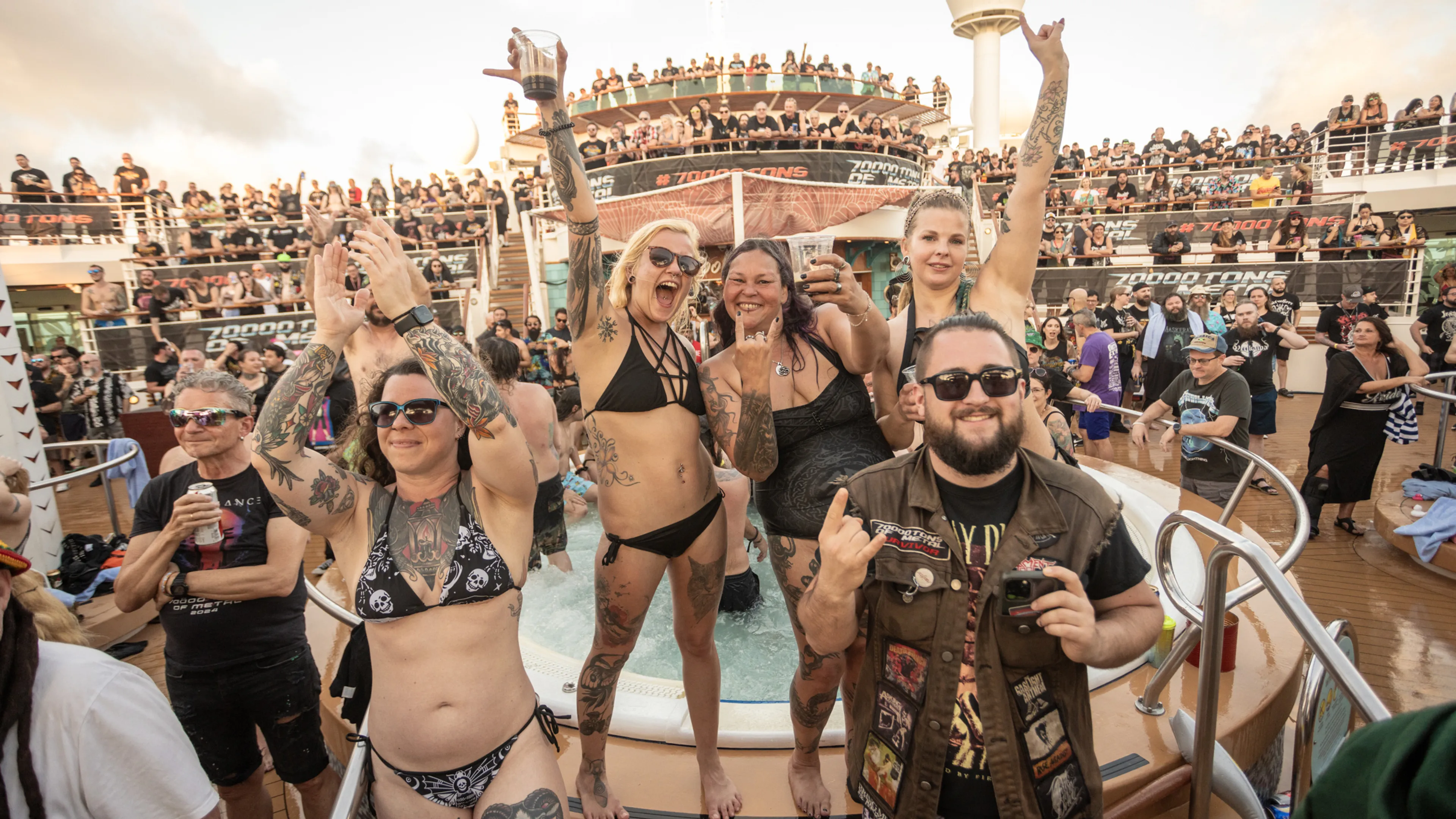For all these themes, and the band being frequently seen wearing large, Sabbath-ish crosses, Eric always denied they were a specifically Christian band (indeed, as the band continued into the ’90s and became more psychedelic, so did the words), but it didn’t stop their label Metal Blade calling the band’s music ‘White Metal’. Many would see these themes in the spirit in which they were intended – although Jus Oborn would joke that, “After I heard Trouble I was like, ‘I’ve seen the light!’” - but it wasn’t a tag with which the band were much impressed.
“A lot of metal bands were singing about Satan and all that kind of crap, but I grew up Catholic and stuff so I wasn’t into that end of it,” Eric said in an interview for a reissue of The Skull in 2006. “I don’t know what the big deal is anyway, you know? Actually, I probably said just as many ‘Satan’s as they did, but you know, in a different way. I wasn’t out there trying to save anybody. I was just exploring my life.
“I don’t believe in religions because I don’t believe everybody can be right,” he continued. “But I do believe there has to be something better than this, because otherwise there’d be no purpose for us being here, going through all this misery, the pain, the suffering, the money, people dying, people getting killed, the coke, the drugs. I don’t believe we’re just put into a box and then into the ground, done. Otherwise I see no point.”


